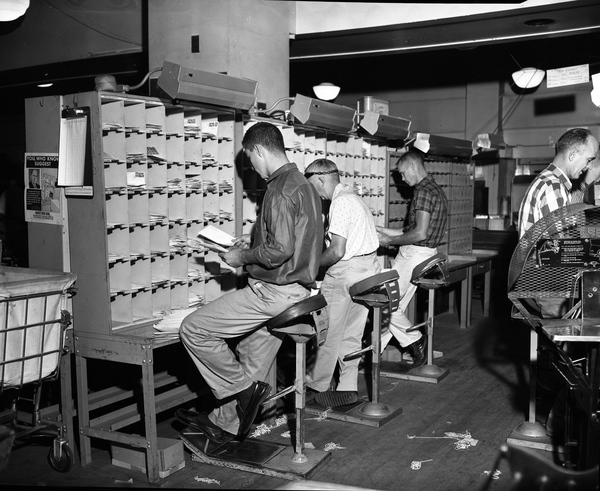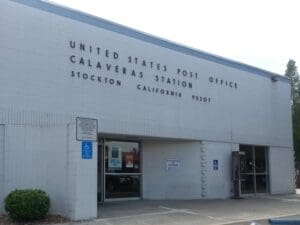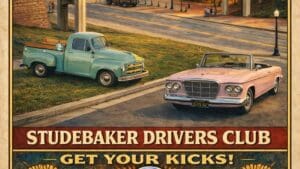Story by Jon Stalnaker AKA The Studebaker Dude
One of my earliest jobs was a paperboy. I was given a route in a neighborhood, and I had to know which houses received a newspaper. Furthermore, I was responsible to make sure they got it in a timely manner and in good condition. Back when I was doing this job, it was typically staffed with pre-teen and teenage boys. I carried a pouch for the papers and if I delivered the papers on my bicycle, I had to fold them first. I had to be good at folding them, and I needed skills to land the papers in an acceptable location, typically on the porch in front of their screen door. If it went into the bushes, I had to stop, get it out, and drop it where it belonged. I had to be careful not to throw the paper into the screen, as I could easily ruin a screen door. Little did I know at the time that I would have a career delivering to people’s houses.
When I was in the military, I heard about a detail assignment working at the Base Post Office for the Christmas rush. I was getting close to being returned to civilian life and was considering getting a job at the Post Office when I was discharged. I spent my last few months working mail. I liked the job and was good at it. I got a nice recommendation letter that I used when I applied at my local Post Office. I was hired as a temporary employee until I could take the test and be reached on the hiring roster. I started my career as a mail handler and clerk. I dragged the incoming mail out of, and loaded outgoing mail into big trucks and started to learn the many different sorting operations in a large sectional center facility.
This was back in the early days before there were machines that could sort mail. It was all done by hand and although it couldn’t keep up with the speed at which the machines could sort, it was an efficient process. I learned it all and eventually was hired on as a letter sorting machine operator when the first machine was being installed.
The manual sorting required some clerks to memorize which sectional center handled the mail for every town in the state. It could be sorted by zip codes, but these clerks needed to know where to send the mail when the zip code was missing. Not everyone was using zip codes back then, so there was a significant need for that knowledge. I worked the swing shift handling outgoing mail, and then I later switched to the midnight shift where we processed the incoming mail. That job required me to learn which carrier delivered the mail to every house within several zones. We called that a scheme. That was quite challenging, but once you learned it, it was a snap. Unfortunately, they occasionally adjusted routes, and we needed to keep up with the changes. They would ask for volunteers to go out to the delivery units and sort all the mail that was sent to the wrong carrier. That was a great job as it honed my scheme knowledge. When I first started doing this, I found myself looking up most of this mail. I realized that these addresses were all the difficult ones and after doing this assignment several times, I got really good at the scheme. They should have required all clerks to do this job, as it would have improved the accuracy and reduced the volume of this re-work mail. Ah, but I wasn’t a manager back then.
I liked working at the delivery units because I really wanted to be a letter carrier and I enjoyed getting to know that environment. It was a completely different job from my clerk job, and I wasn’t going to be happy until I could cross over. As a clerk, we could make mistakes and someone would be there to fix it, just like I did when I was the re-work clerk at the delivery unit. The letter carriers, on the other hand, were the end of the line. If a letter carrier makes a mistake, mail gets into the hands of the wrong person, and we are at their mercy to give it back to us, so we can direct it to the proper mailbox.
I liked that better, and I will continue this next week, so I can elaborate on that statement.








